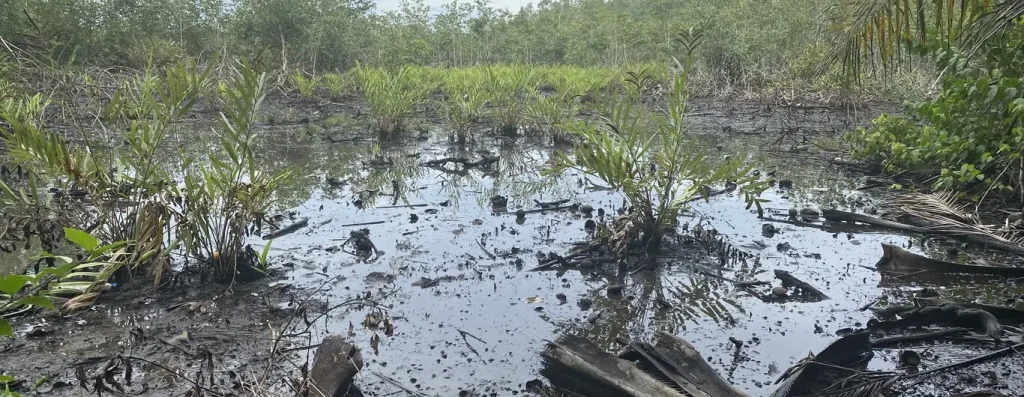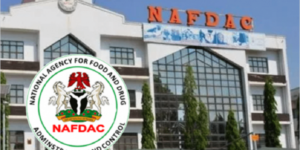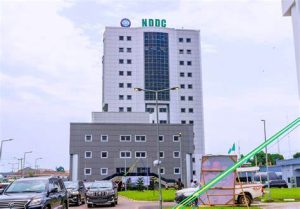
EKPAN, DELTA STATE – Oil-producing communities across the Niger Delta are mobilising to fully leverage the provisions of the Petroleum Industry Act (PIA) 2021, marking a decisive shift towards community-led initiatives for rapid and sustainable regional development.
This galvanising effort was the focus of the recent Bridges Project roadshow and townhall series held in Ekpan, Uvwie Council Area of Delta State. Organised by the Foundation for Partnership Initiatives in the Niger Delta (PIND), the crucial gathering aimed to deepen stakeholders’ understanding and capacity for the effective establishment and management of the Host Community Development Trusts (HCDTs).
The PIA, signed into law in 2021, mandates that oil and gas companies allocate three per cent (3%) of their annual operating expenditure to the HCDTs. This fundamental reform is intended to ensure that resources derived from the oil industry are channelled directly to the host communities for development projects, thereby mitigating conflict and ensuring local ownership.
Empowerment Through Awareness
A core theme of the roadshow was the critical importance of grassroots awareness to unlock the PIA’s full benefits, particularly among semi-literate populations who are often excluded from legal and regulatory processes.
Mr Chuks Ofulue, PIND’s Advocacy Manager, stressed this point, stating that the new legislation fundamentally changes the relationship between host communities and oil operators.
“The PIA opens doors for communities to take charge of their development. But awareness is key,” Mr Ofulue asserted. “With the right knowledge, communities can ensure transparency, demand accountability, and actively shape projects that truly benefit them. By demystifying the Act and the HCDT framework, we are putting knowledge directly in the hands of the people who matter most. This empowers communities to engage constructively and prevent conflict.”
The event brought together a broad coalition of stakeholders, including community leaders, representatives from settler communities, civil society organisations (CSOs), and regulators.
Accountability and Collaboration: Lessons from the Past
The necessity for strict oversight and accountability in managing the 3% contribution was vehemently echoed by leaders and community members alike, in light of the region’s long history of abandoned projects and mismanaged funds under previous arrangements like the General Memorandum of Understanding (GMOU).
Mr Sheriff Mulade, the National Coordinator of the Centre for Peace and Environmental Justice (CEPEJ), emphasised that the future success of the HCDTs hinges entirely on transparent governance. “Accountability is the key to the success of HCDTs,” Mr Mulade cautioned, calling for stringent oversight mechanisms.
Similarly, the Chairman of the Delta State multi-stakeholder platform, Mr Sylvester Okoh, called for unified action, urging more HCDTs to join the platform for a collaborative approach. He highlighted the strength of the new framework: “The HCDTs are now backed by law; there are clear directives that will ensure better outcomes for our communities.”
For Mrs Stella Ejeh, a native of the Olomoro community in Isoko South Local Government Area, the programme provided a sense of optimism that had long been absent. “In my community, we have seen many uncompleted and abandoned projects, but with platforms like this, we believe that we can finally see real changes,” she stated.
Leaders of various HCDTs, including Mrs Bayai Ekomieyefa, the Chairperson of the Ogulagha Tora-Abade HCDT, expressed optimism about the clarity provided by the campaign, confirming that the outreach is successfully transitioning the PIA from a vague concept to a tangible tool for community growth.
PIND’s PIA Consultant, Rachael Misan-Ruppee, confirmed that with awareness creation across the five project states—Akwa Ibom, Bayelsa, Delta, Rivers, and Ondo—communities are now “better equipped to implement and manage development projects,” paving the way for active and responsible HCDT management across the Niger Delta.






